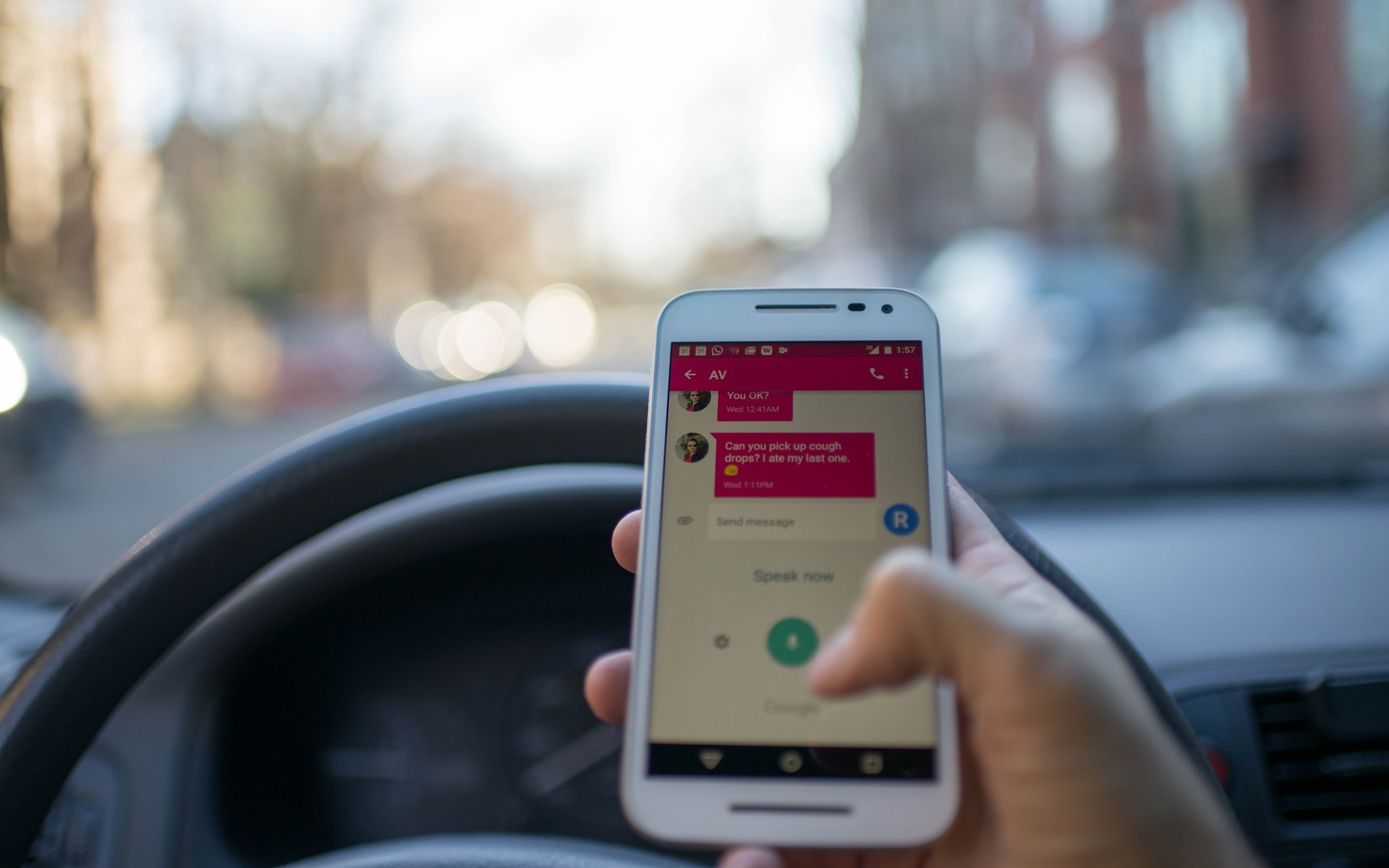Cell Phones are Increasingly Distracting, Survey Finds


More than half of Canadians now say they have been distracted by their cell phone while driving at least once, according to the latest poll conducted by Desjardins.
The proportion increased from 38 percent last year to 53 percent in 2019, a sign that bigger fines, the loss of more demerit points and the introduction of new technologies to combat driving distractions are not producing the desired results.
Read also
- Apple CarPlay, Android Auto are Worse Than Drunk Driving, Study Shows
- Deloitte’s 2020 Global Automotive Consumer Study has Some Eye-popping Stats
The poll was conducted online last March among 3,050 people across Canada.
Another interesting fact is that 32 percent of drivers perceive the use of a cell phone behind the wheel as risky behaviour (27 percent in 2018), whether it’s for talking, texting, listening to music, watching content or using a navigation app. Drunk driving remains the most dangerous action according to 35 percent of those surveyed (37 percent in 2018).

And while just about everybody knows that using a cell phone while driving is prohibited, 37 percent of people don’t know exactly what the law entails and only 29 percent think it’s effective at deterring drivers.
Who’s Fault is it?
Ironically, 93 percent of drivers believe they are seldom or never distracted by their cell phone while driving, but 84 percent say they often or always see other people using their phone behind the wheel.
Of course, the consequences can be disastrous. A study by the Traffic Injury Research Foundation reveals that 350 Canadians died in a road accident in 2015 as a result of a driving distraction—a quarter of all road fatalities. Drivers, passengers, pedestrians, cyclists and other road users are all in danger when someone gets distracted.
Desjardins will soon launch an app in Ontario to monitor distractions caused by cell phones and reward drivers who adopt safe driving habits.







